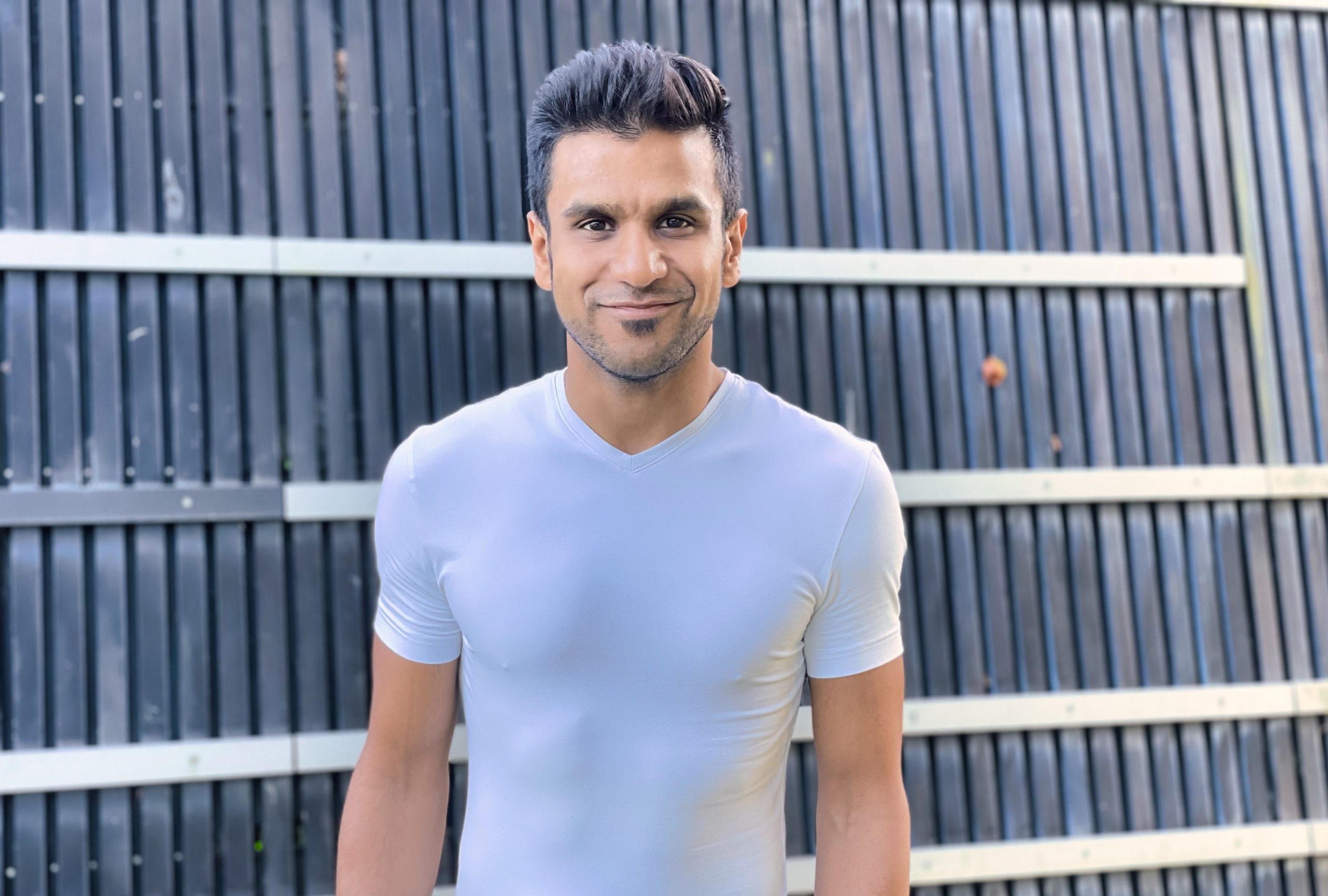Through his start-up Respire, master’s student Akshit Gupta hopes to help make urban climates better for the people who live there.
Master’s student Akshit Gupta: “There aren’t any air quality measuring stations in the entire city of Delft.” (Photo: personal collection)
“I have been studying at TU Delft for two years and three months and I’m pursuing a double master’s in Computer Science and Embedded Systems. I started with a single master’s, but I wanted to learn as much as possible and to use my time effectively in order to make an impact. I am currently doing my thesis at the MIT Senseable City Lab and am about to finish soon.
When I first came to TU Delft, there was a competition by TU Delft Global Initiative to come up with innovative ideas to solve global problems and it had to involve novel technologies. I submitted a proposal and got funding to make a distributed sensor network of mobile monitors to measure air pollution throughout a city. Building on that, I moved towards making it into an academic spinoff.
‘Nobody knows which route to TU Delft is better in terms of air quality’
Currently there are two research groups in the world that have worked extensively in research of monitoring hyper localised air pollution, one at ETH Zurich and other one at MIT, where I am doing my thesis on a project called City Scanner. We’re trying to combine all of this research and create a start-up called Respire. Respire currently deals with air pollution but with my thesis I am focussing on the health of trees and the urban heat island effect in cities. So, in the future Respire will be a combination of monitoring the health of trees, the urban heat island effect that you see in cities, and air pollution. We are trying to measure every type of microclimate throughout the city to give a complete quantitative value for the thermal comfort or the comfort of an average citizen in a city centre.
Most people in Europe think that the air quality is pretty good but it doesn’t even meet the World Health Organization standards. The city of Delft actually needs what we are working on because there aren’t any air quality measuring stations in the entire city. If you live in the city centre, there are two main routes to get to TU Delft. One goes along the canal and the other way is past the Faculty of Architecture. Nobody knows which is the better route in terms of air quality. We could install sensors on bikes or on any moving infrastructure to measure air quality throughout the city as they move about. By mapping the data, we can generate insights to empower municipalities like Delft to tackle air pollution proactively.
I currently have offers from academia and industry and I hope to continue working towards scaling up the start-up. I’m not sure if it will be a profit-making business yet or a not for profit. My dream is to have a collaboration between the MIT Senseable City Lab and TU Delft and combine the knowledge to get some clients to test the product and hopefully make way for a smarter city out of it.”
Want to be featured in Humans of TU Delft? Or do you know someone with a good story to tell? Send us an e-mail at humansoftudelft@gmail.com
Heather Montague / Freelance writer



Comments are closed.